Ukraine's Patriot kills of Russian planes and missiles have turned a US air-defense weapon with a troubled past into a hero
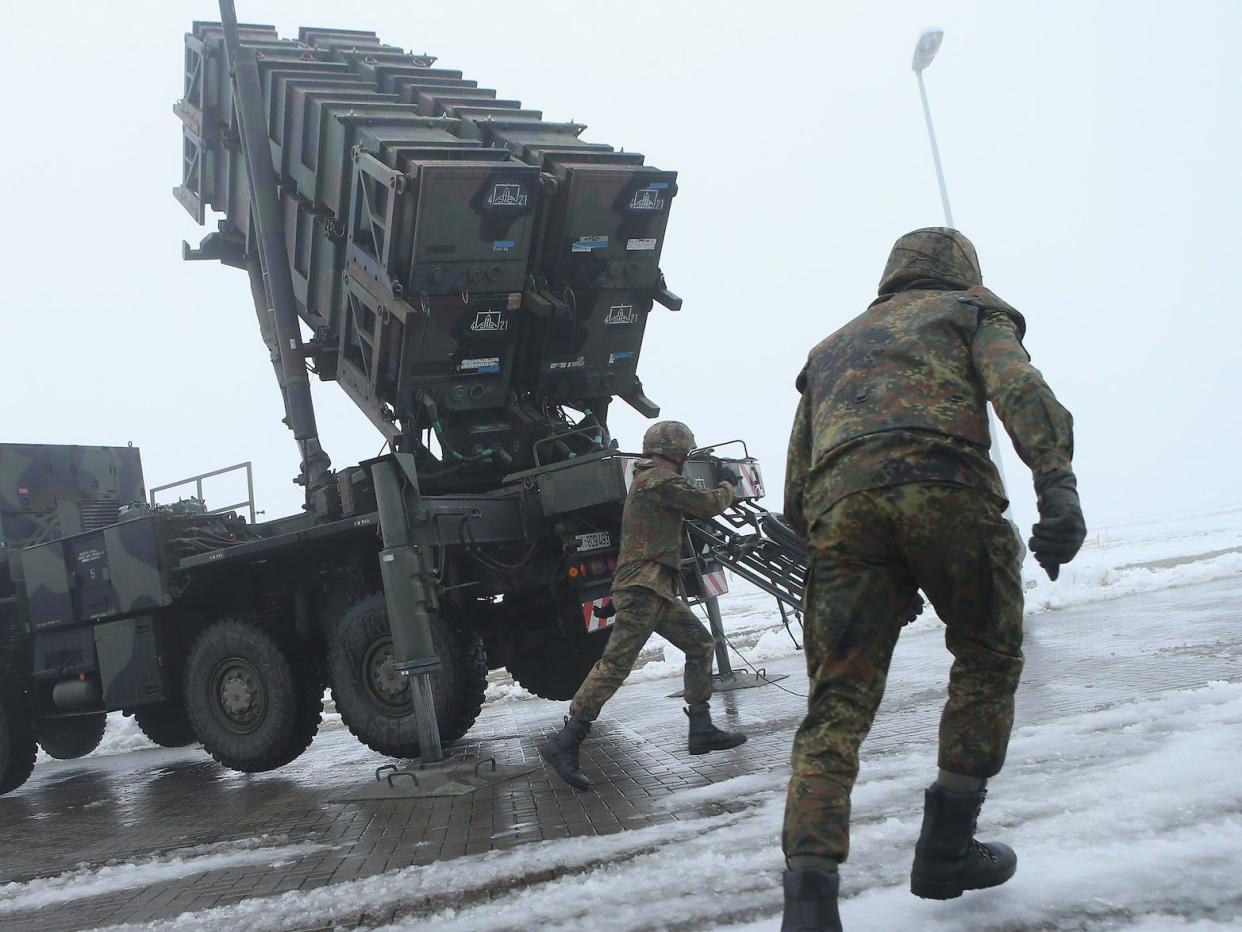
Ukraine's use of the US-made Patriot system has been celebrated.
The weapon had a chequered reputation due to its performance in past conflicts.
Any skepticism over its effectiveness should be put to bed, experts told Business Insider.
Any lingering doubts about the effectiveness of the US-made Patriot air-defense system at shooting down airborne threats have finally been dispelled by the system's performance in Ukraine, experts told Business Insider.
The system's intercept rate in past conflicts left it with a mixed reputation, experts said, and sparked debates over whether it should be sent to Ukraine in the first place.
Having strong air-defense systems is critical for Ukraine. Since Russia launched its full-scale invasion in late February 2022, Ukraine has been regularly using its air-defense systems to defend against missile and drone attacks. Those attacks have hit cities, killed civilians, destroyed homes, and damaged essential energy infrastructure, knocking out power.
But for a little over a year, Ukraine really only had less-capable, Soviet-era air-defense systems. Allies started to give Ukraine more advanced ones but hadn't yet committed to sending Patriots.
The US eventually approved their move. The first arrived last April, and Ukraine now has at least three, possibly five, of them. Exactly how many Ukraine has been given, as well as exactly where they are and how they are being used, has been kept secret.
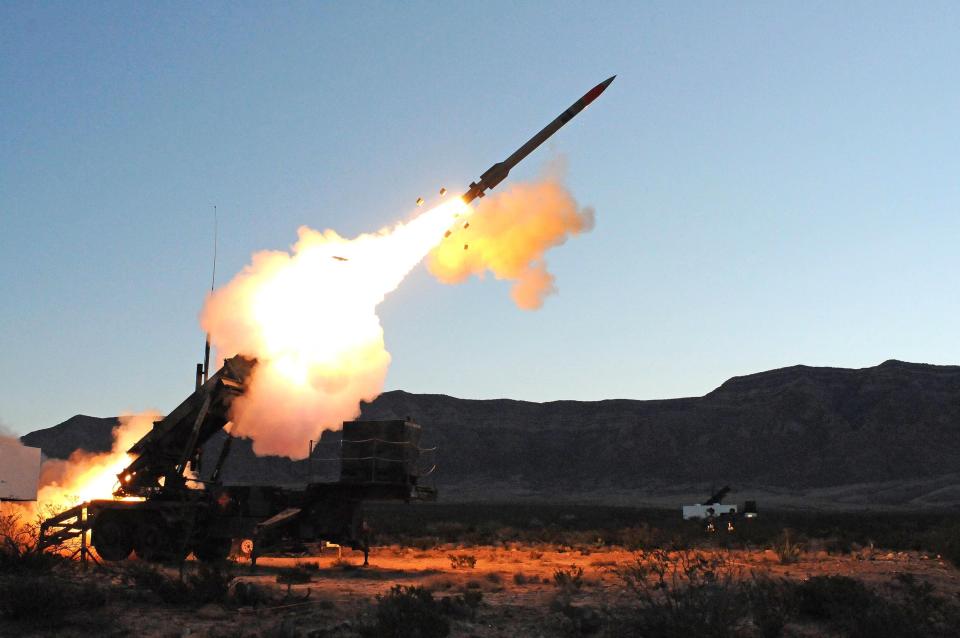
But one thing that is clear, the experts said, is that the Patriot has clearly been working extremely well in Ukraine.
Their performance, according to Frederik Mertens, an analyst at the Hague Center for Strategic Studies, has been "an unmitigated success."
Some experts BI spoke to argued the older, worse reputation was never fully deserved. For others, updates to the system and the way Ukraine has used it is what now elevates its reputation.
Either way, the consensus now is that there is no argument against it being an extremely effective system.
"The Patriot has performed fairly spectacularly in Ukraine," Justin Bronk, an airpower expert at the UK's Royal United Services Institute who has followed developments in Ukraine closely, told BI.
A mixed past
The MIM-104 Patriot missile system is a ground-based, mobile surface-to-air missile battery that can down crewed and uncrewed aircraft, cruise missiles, and short-range and tactical ballistic missiles.
The US first developed it in the 1960s, and it was first used on the battlefield in the Gulf War, which started in 1990. Mertens described the Patriots as having "shaky behavior" in the Gulf War. In particular, questions were raised over it's effectiveness against Iraq's Scud missiles.
While reports during the war pointed to impressive Patriot performance, the war's end brought a new examination of those claims, prompting both the US Army and the weapon's manufacturer, Raytheon, to defend it.
A House of Representatives subcommittee investigation was launched, concluding after 10 months that there was little evidence that the Patriot hit more than a few of the Scud missiles.
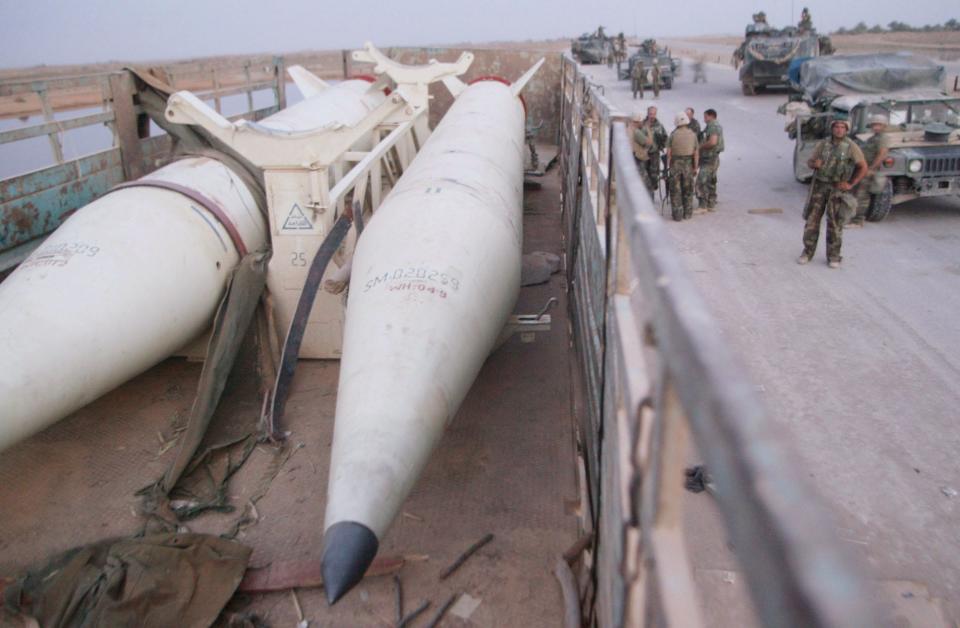
Mertens said their inadequate performance is at least partly explained by the fact that early Patriot missiles were, at that time, designed for anti-aircraft use, so they "didn't function that well against these Iraqi Scuds."
"There they didn't perform that brilliantly," he said, but "we shouldn't be too critical because this was the first time we see ballistic missiles really being targeted by air defenses."
Bronk said that the Patriot had "a relatively checkered and controversial combat record" as people interpreted data from the Gulf War differently.
"I think there's this kind of longstanding idea that Patriot doesn't really work very well because it didn't work very well on the Gulf War and I think mostly that's not correct or accurate anymore," said Timothy Wright, a missile expert at the International Institute for Strategic Studies.
An improved weapon
The Patriots were used by US allies in the Iraq war, where a number of blunders were recorded, including the shootdown of allied aircraft.
These incidents included a Patriot shooting down a US F/A-18C Hornet jet in 2003, with an investigation concluding that the Patriot had misidentified the jet as an incoming Iraqi missile and that soldiers had violated missile launch procedures. That incident killed the pilot, 30-year-old American Lt. Nathan White.
Mick Ryan, a retired Major General in the Australian Army and a military strategist, attributed some of those errors to "an autonomous mode that we didn't quite understand," which has since been addressed.
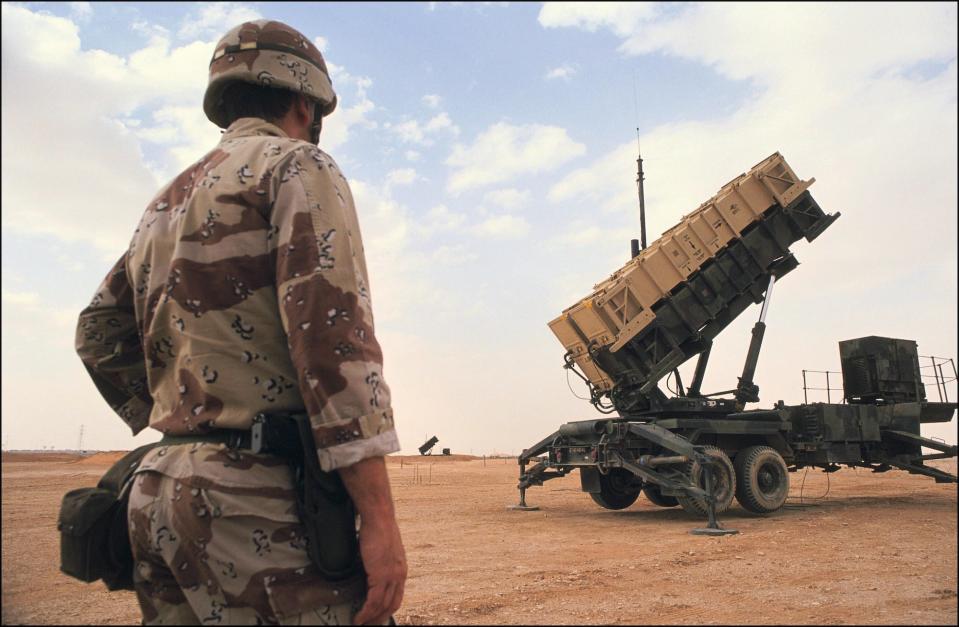
Saudi Arabia has used the Patriot system against attacks by Houthi rebels, who ignited a civil war in Yemen. Recorded use of Patriots in that conflict started in 2015.
The exact intercept rate of the Patriots involved in that conflict is unknown. Wright said there is a lack of exact information, but there seems to be "a pretty good success rate in my opinion."
Not all experts agree. Jeffrey Lewis, a missile expert at the Middlebury Institute of International Studies at Monterey, argued in 2018 that the system's performance in Saudi Arabia, where some missiles made it through, cast doubt over whether this system really works. Others argue that no system is flawless.
Tom Karako, the director of the Missile Defense Project at the Center for Strategic and International Studies, said the Patriot "has been doing fairly well" there since 2015.
"It doesn't mean it's getting everything," he said. "It doesn't mean it's perfect. There is no weapon system that's perfect."
Mertens said in that conflict, "we saw that Patriots had become far more effective than they were earlier." In Saudi Arabia, "these Patriots have had commendable and very good success rates. They haven't stopped everything, but they have stopped most of the Houthi attacks against key targets," he said.
He emphasized that no air defense system is expected to shoot down every single target, but the Patriots really "have come a long way since the Gulf War."
The Patriot had been improved with system's most advanced missile, the PAC-3, first used in the Iraq war.
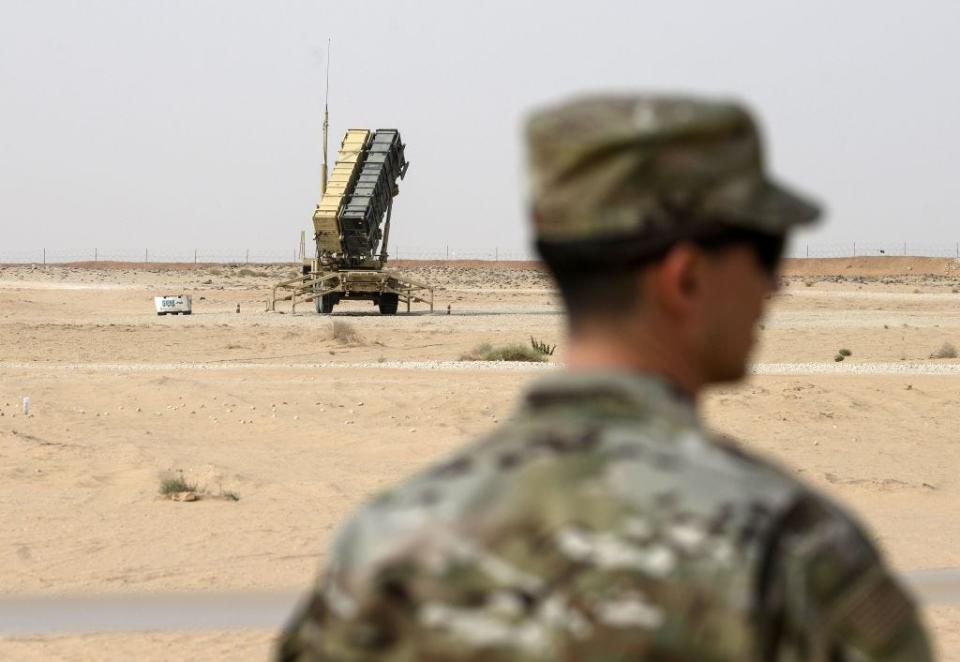
It is unconfirmed if Ukraine uses an earlier model, the PAC-2, or PAC-3s.
Either way, Ryan said that by the time the system came to Ukraine, it had "gone through decades of upgrades."
But, doubts remained before their appearance there.
Mertens said that "before the Ukraine war, we knew that Patriot was good, at least, at intercepting older missiles."
"So when these weapons were deployed to Ukraine, there was a bit of a question: How will they manage against the latest that the Russians are planning to send against it?"
There, he said, it has exceeded expectations.
A Ukrainian success
There is no independently confirmed figure for exactly how many missiles, drones, or airplanes Ukraine's air-defense systems, including the Patriots, have shot down, or for how many they have missed.
None of Ukraine's Patriot missile systems have been confirmed destroyed, though there have been Russian claims, but the system has been involved in confirmed kills of Russian aircraft and missiles. There has been clear photo evidence of some of the shootdowns.
Ukraine showed off the Patriot's lethality shortly after the first Patriot batteries arrived in country, when the Russians launched large missile and drone attacks on the capital city, Kyiv.
Mertens said that Russia's "whole goal was to make the attack so complex and so massive that they could get through and kill the Patriots from the start," but the Russians "failed completely."
"We were again, very much surprised by what we see now, what the effectiveness of the Patriot system seems to be," he said. They just stopped that attack."
The Patriot has been credited with other wins there since, and the system has "performed even better than it did in Saudi Arabia," Mertens said.
Karako said "since it's gone over there, it has been pretty dang good."
Bronk said that "Ukrainian operators have clearly been well trained and have worked out how to use the system in their own tactical scenarios extremely well." US Army personnel who helped train the Ukrainians recently told BI's Jake Epstein that they were "amazing" in their mastery of the system.
Rajan Menon, a director at the US think tank Defense Priorities, said "without the Patriot and other systems, Ukrainian cities would be in a very bad way. American-supplied and Western-supplied air defense has been absolutely critical."
Ryan said the Patriot "is incredibly effective. Those who think it's not just don't know what they're talking about."
He said Ukraine's success has come in part from how it has integrated the Patriots into its network of Soviet-era and NATO-donated systems to defeat Russia's attacks.
Ukraine has also praised the system. President Volodymyr Zelenskyy said in January: "The Russians are shocked — and I'm telling you honestly — our partners are shocked that this system really works so strong."
Surprising wins
A surprising Ukrainian win, for some of the experts, has been Patriots shooting down Russian Khinzal missiles, weapons Russia had bragged were unstoppable.
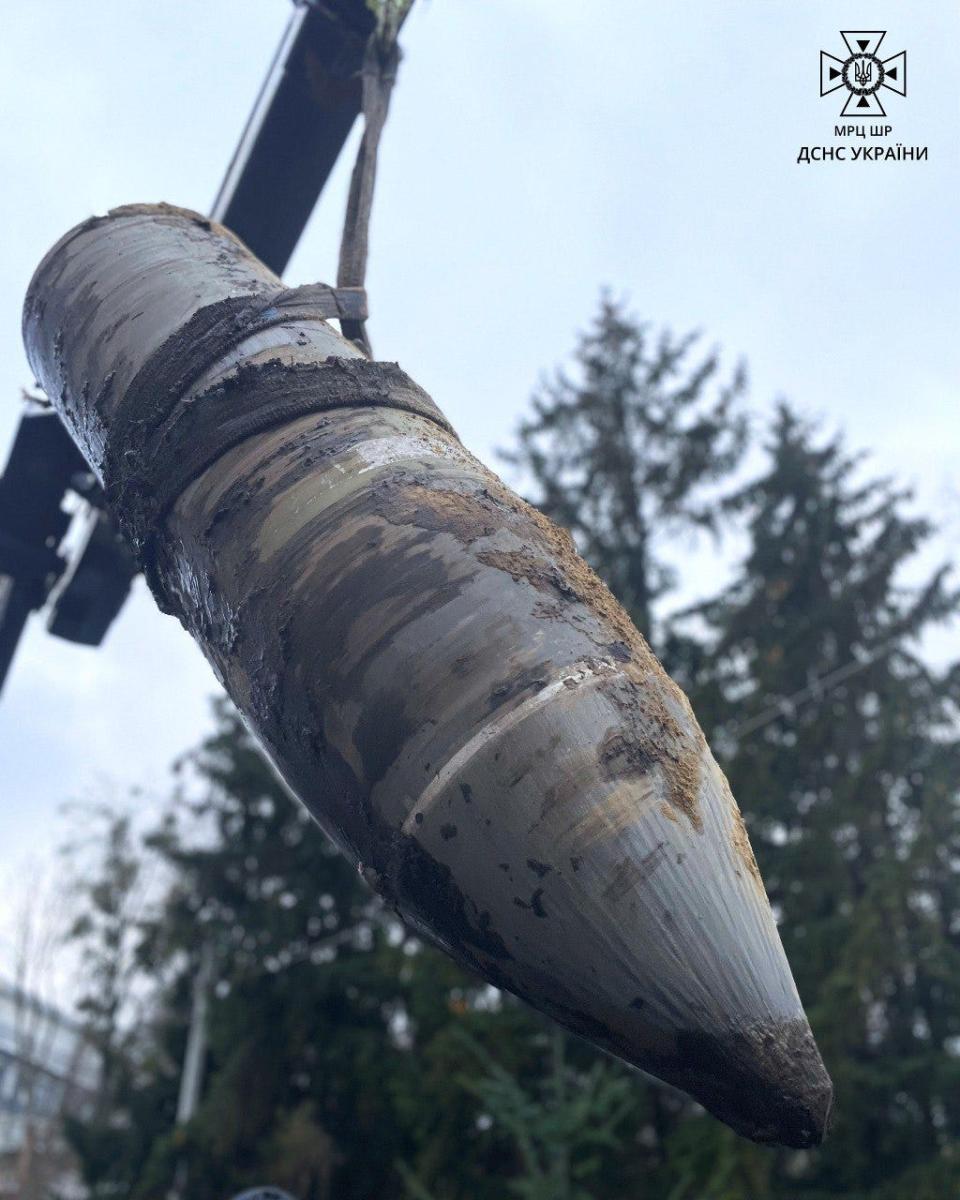
Bronk said the air-launched ballistic missiles — which he described as "quasi-hypersonic" due to their speeds of more than five times the speed of sound and maneuverability but lack of certain other key defining characteristics of "hypersonic weapons" — are "really potentially very difficult to intercept as targets and the Patriot systems have been repeatedly and successfully engaging those."
Mertens said that Russia's grand claims about its missiles were "propaganda" but still described Ukraine shooting down Khinzals as "near amazing because before the war we really wondered if we could defend ourselves against Khinzal and if we could stop them from penetrating air defenses."
"Now there's far less of a question. It seems to be quite certain we can and Patriot can."
Jan Kallberg, a defense and security expert at the Centre for European Policy Analysis said: "I also think that Ukraine might have been more innovative when it comes to how to use them tactically."
He outlined a theory that a number of experts believe, that Ukraine has used the Patriots as part of daring schemes to shoot down Russian fighter jets.
Bronk said the Patriots have "actually performed way beyond people's expectations in a sort of long-range, anti-air ambush kind of capacity." He said Ukraine appeared to be exploiting the system's ability to have the launcher located significantly further forward than the radar guiding it.
He said the threat of Ukraine doing this means Russia has kept some jets further away from the front lines.
Ukraine has been praised for its use of air defenses, including its older models, to intercept most of Russia's drones and missiles. That work has also largely stopped Russia's much larger and more advanced air force from being able to operate close to or past the front lines.
If Russia's air force was able to fly across the country, the war would likely already have been lost and Kyiv left a smoking ruin, Mertens said.
An uncertain future
Despite their success, its not clear if the Patriots will be a lasting resource for Ukraine.
Ukraine likely only has a few, maybe only three, of the Patriot batteries, which Mertens noted is "not a lot."
"It's a very good system, but you can only do so much with three systems," he said.
The White House and Pentagon warned in January that the supply of Patriot interceptor missiles could soon be unsustainable due to their high cost: around $2 million to $4 million each. That expense fed into some of the initial skepticism over whether they should be sent in the first place.
And Ukraine says it's running low on air defense missiles overall.
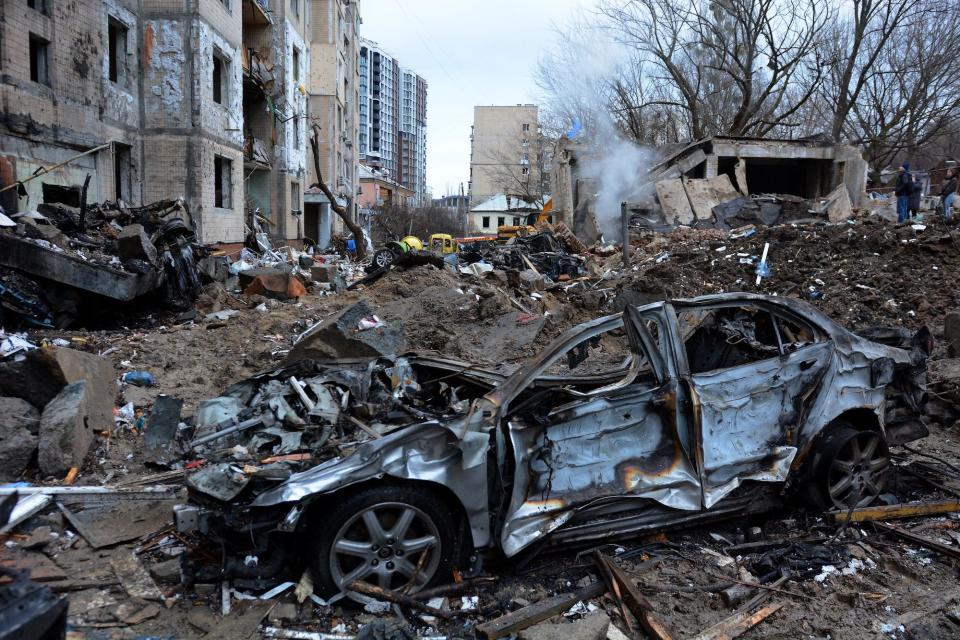
A former advisor to Ukraine's government said in February that the number of Patriot missiles was "dropping to a critical level."
Mertens said that with the Patriots, "they're doing amazingly well. Will they have enough missiles to keep that up? That's the number one question."
Russia is trying to wear down Ukraine's missile stocks, including the Patriots, taking advantage of stalled US aid.
Bronk noted that there is a "massive global shortfall" in the supply of Patriot missiles, as the system is used in multiple countries like Saudi Arabia and the UAE. "This is a system that by dint of being highly effective, there is a global shortage of ammunition for it."
The problem with Patriot missiles for Ukraine mirrors its main obstacle in trying to fight Russia: A critical shortage of supplies and ammunition.
And air-defense supplies are one of the most important for Ukraine to have, Mertens said.
"Ukrainian air defenses are one of the great Ukrainian success stories of the war. Without them, the war might have been lost already. Keeping them functioning is utterly vital."
Read the original article on Business Insider

 Yahoo News
Yahoo News 
